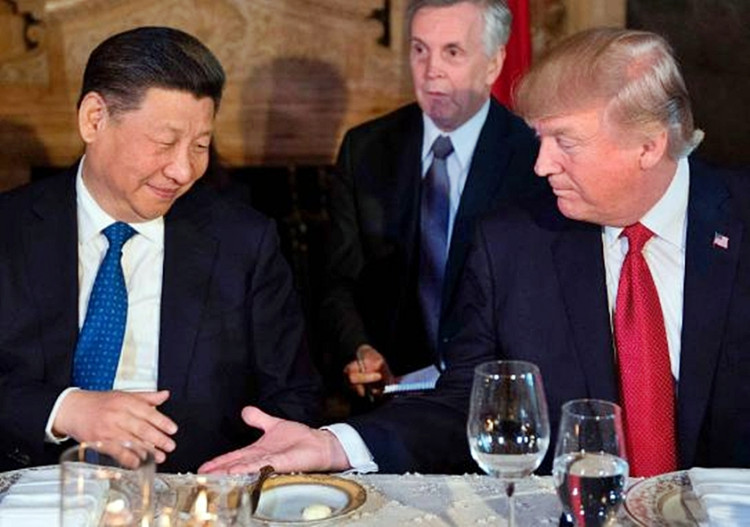China took vigorous exception to a statement by one of Donald Trump's policy advisers that it began the ongoing trade war and is doing nothing to stop it.
It described as "shocking" the statement by Larry Kudlow, Director of the National Economic Council, blaming president Xi Jinping for escalating trade tensions between both countries. Kudlow also alleges Xi is blocking a trade deal that would ease tensions between China and the U.S.
Kudlow also implied Xi refuses to listen to Trump's calls to alter China's technology transfer and other trade policies. "We are waiting for (Xi)," said Kudlow. "The ball is in his court."
China was not amused.
"That the relevant United States official unexpectedly distorted the facts and made bogus accusations is shocking and beyond imagination," said a spokesman for the Ministry of Foreign Affairs.
U.S. critics of Trump's trade war have said the escalating commercial conflict will eventually harm U.S. workers and businesses. Some businesses have announced plans to move their operations overseas in anticipation of financial losses resulting from Trump's Trade war that will get worse in September when the new round of U.S. tariffs kicks-in.
China's ambassador to the United States, Cui Tiankai, later took up the cudgels for his country emphasizing that Trump's trade war against China is flat out wrong and that there will only be losers -- and no winners -- in this conflict.
Cui sought to rebut the main points raised by Trump and his trade team justifying a trade war against China. His piece revolves around the contention that U.S. motives for trade war "are wrong."
Cui noted that Trump's main reason for launching this war is he wants to wipe-out China's huge trade surplus. China's trade surplus with the U.S. hit a record high of $275.8 billion in 2017 compared to the previous record of $260.8 billion in 2015. The reason is chiefly that American consumers still buy a lot of the cheap goods China makes and exports to the USA.
Cui asserted China "has never deliberately sought a trade surplus since the flow of trade is determined by the market" and not by government interventions.
Cui pointed out that Trump's main criticism against China centers on the latter's persistent trade surplus. Contrary to Trump's long-held feeling that trade deficits are "bad" and illustrate America is "losing" in the trade with China, Cui explained deficits "are not products of ill-intention, nor are they necessarily bad for an economy."
"Generally, they result from how resources are allocated in a globalized economy and are natural reflections of the global value chain," Cui explained. "Besides, some structural reasons, such as the low savings and high consumption rates America maintains, the role of the U.S. dollar as the international reserve currency inevitably leads to trade deficits. The fact that the U.S. government curbs high-tech exports to China makes the deficit even bigger."






